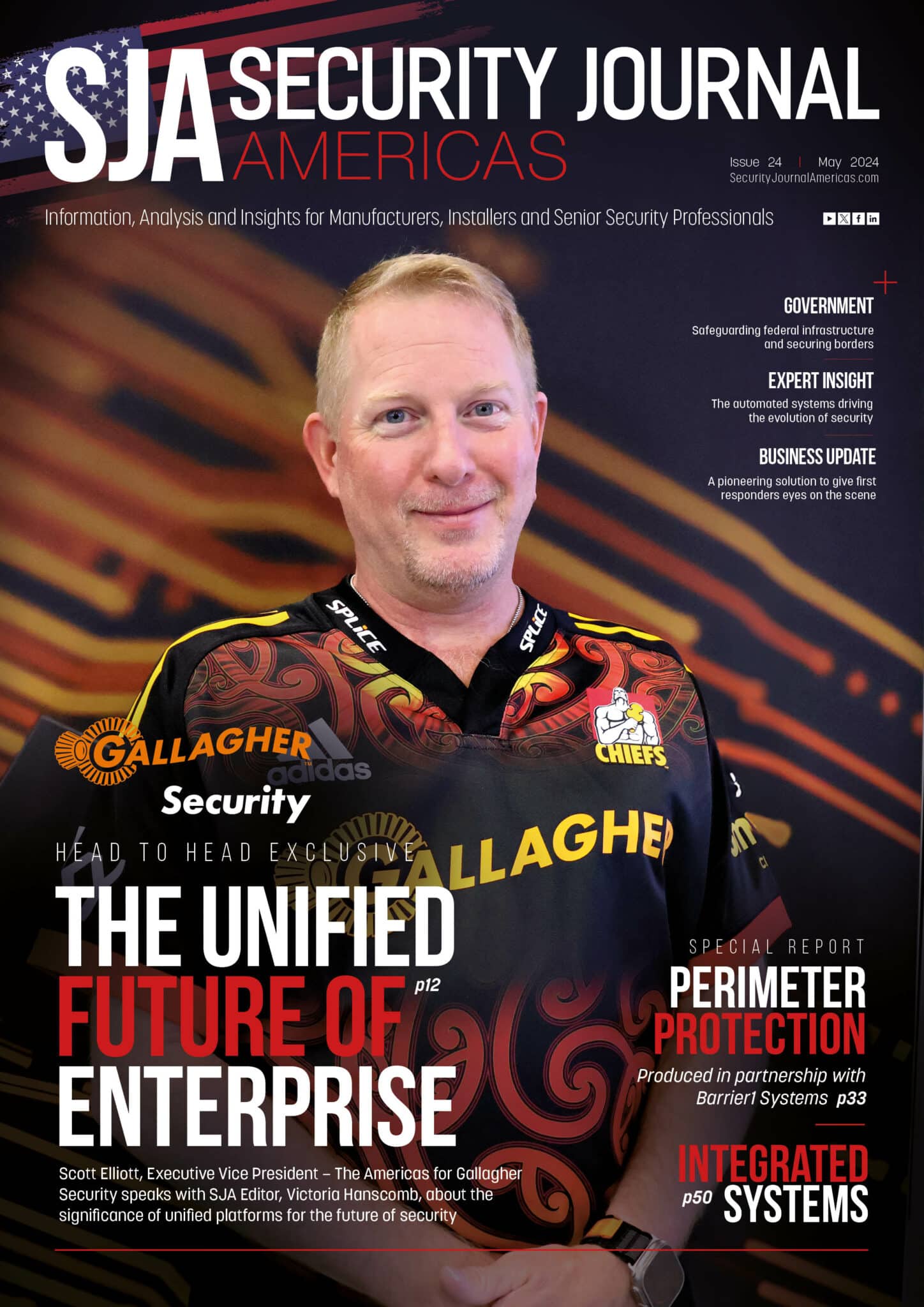Transforming cybersecurity through the Apex Program


James Humphreys
Share this content
In an exclusive interview with David Mayne (DM), Director and Co-Creator, Curtis Jackson (CJ), the first direct hire and Melissa Panzer (MP), Documentary Director for the Apex Program, SJA hears about how the program is transforming people’s lives.
The unemployment rate is over 70% for people who are blind or visually impaired.
To address this and the equally high rate of underemployment in the population, a Wichita-based company has created a training and certification program (Apex Program) in high-demand careers, including cybersecurity.
In just 10 weeks, students obtain certifications in Network Plus and Security Plus programs, key skills for all cybersecurity professionals, roles with more than 600,000 openings nationwide.
Article Chapters
Toggle- After your auto accident, you were unfortunately unable to continue your job as a mortgage broker, can you briefly explain the challenges of the job and your decision to leave after the incident?
- What drew you to cybersecurity when setting up the program?
- What have been the biggest adversities and how did you overcome them when setting up the program?
- As the first direct hire through the Apex Program, can you explain more about the process from joining the program to the moment you were hired?
- Can you explain more about the role you managed to secure along with your day-to-day duties?
- What do you think the main advantages of the program are?
- When filming the short-film, what was the main message you wanted to convey?
- Having seen more of the day-to-day effects on David and Curtis’ families, how much do you think this program can help people in a similar position?
After your auto accident, you were unfortunately unable to continue your job as a mortgage broker, can you briefly explain the challenges of the job and your decision to leave after the incident?
DM: I could have still physically completed this job.
But in the timeframe that I was on disability, I became a single father.
Raising four children on my own does not allow for me to spend 12 to 15 hours a day at the company offices, which were an hour and a half away.
So I knew eventually I would have to and find a different line of work that would allow me to be a single parent as they provide for my family.
Which I was able to do after disability for eight years.
What drew you to cybersecurity when setting up the program?
DM: I had been a cybersecurity analyst and then a manager of a security operation center.
So I was well aware of the need for people in the industry.
This led me to create the program so that I could sell some of those positions, including at my own company.
After learning of the visually impaired community, we started gearing the course towards that community.
What have been the biggest adversities and how did you overcome them when setting up the program?
DM: The biggest adversity is taking textbooks and curriculum and putting into a version that someone that is blind and visually impaired can access.
For instance, currently to my knowledge there are no text that are digital or audio is a physical book.
Along with that, probably the hardest part was teaching the math portions of networking, binary math, and sub netting, took me over a month to create.
As the first direct hire through the Apex Program, can you explain more about the process from joining the program to the moment you were hired?
CJ: After I went through the 10-week Apex program, the director David Mayne was so impressed with the way I completed my assignments without any hand holding and my personality, he spoke with his CEO about my work ethic and personality.
His boss was also impressed and asked for my resume and then the company recruiter contacted me and set me up with an interview with the hiring manager and his team.
They were also impressed and made me a job offer.
Can you explain more about the role you managed to secure along with your day-to-day duties?
CJ: I am a security operation analyst tier I and I monitor client environments for potential threats and I have to follow standard operating procedures to decide how I need to handle each alarm if I need to close it or escalate to the client and what priority the alarm should be labelled as.
What do you think the main advantages of the program are?
CJ: The main advantages are that the Apex program gives people the training and opportunity they need to break in to the cybersecurity field.
It also gives people the chance to obtain CompTIA certifications as well.
When filming the short-film, what was the main message you wanted to convey?
MP: Our short film focuses on the cybersecurity analyst shortage amidst escalating cybercrime costs, projected to reach $10.5 trillion USD by 2025 and the underemployment of people with disabilities.
It argues that visually impaired individuals, with accommodations like screen readers, are well-suited for these roles.
WorkingNation focuses on creating opportunities that tackle workforce shortages and promote inclusivity by valuing the unique abilities of people with disabilities in tech.
Having seen more of the day-to-day effects on David and Curtis’ families, how much do you think this program can help people in a similar position?
MP: In literally every way, this program has the potential to significantly impact individuals in positions similar to David and Curtis.
SOC Analysts, like Curtis, can earn $77,000 to $124,000, well above the average US salary of $59,384 in 2023.
This jump — a 29.7% increase — not only offering potential immediate financial benefits, but also paving the way for career and earnings advancement over time.
The advantages extend beyond finances, enhancing confidence, purpose and parental pride.
It’s about building lasting careers and pathways into the middle class, bringing incredible opportunities and brighter futures.
Click the link to watch the documentary created on the Apex Program: https://www.youtube.com/watch?v=KjcTgiT1g-A


